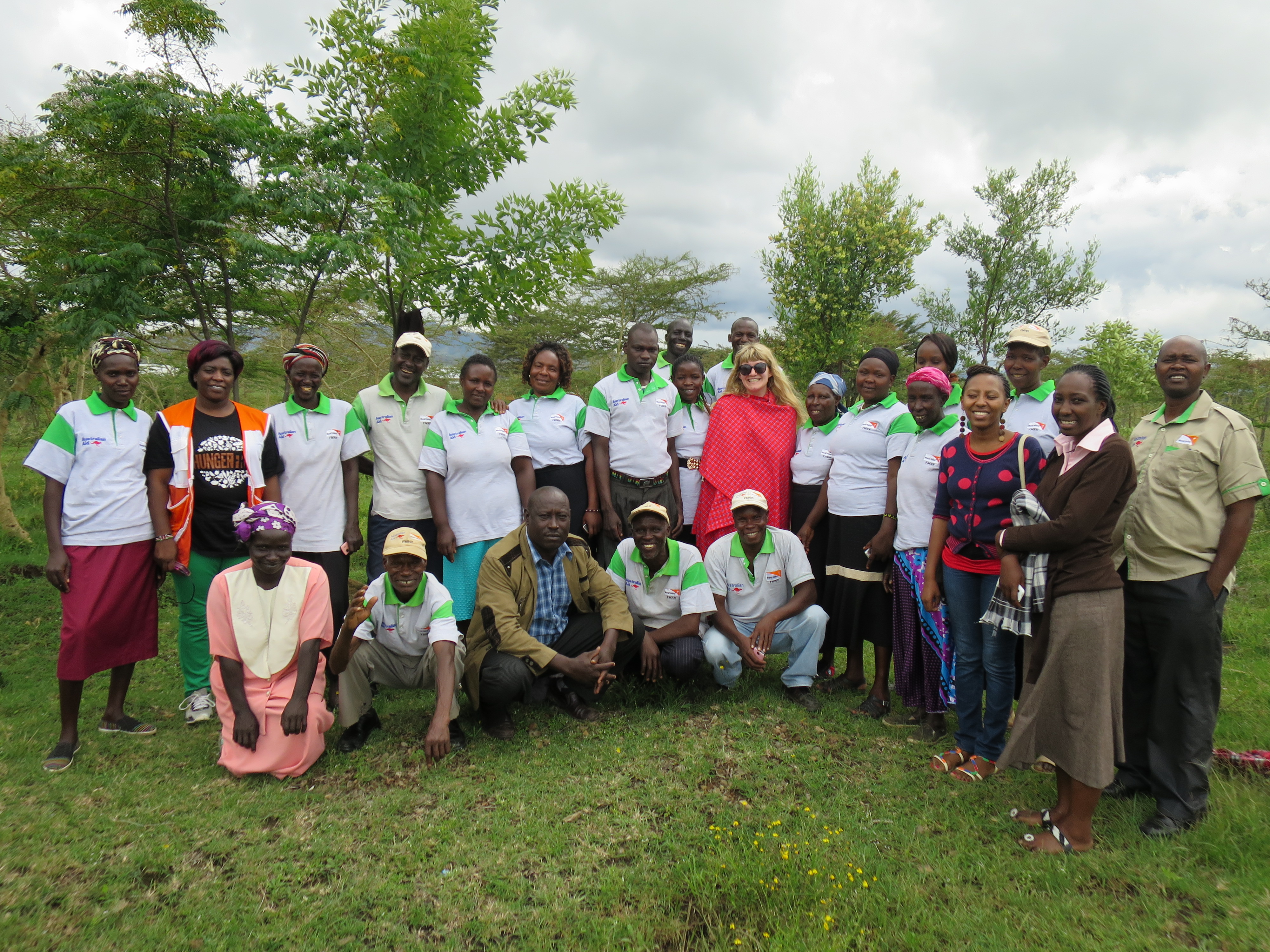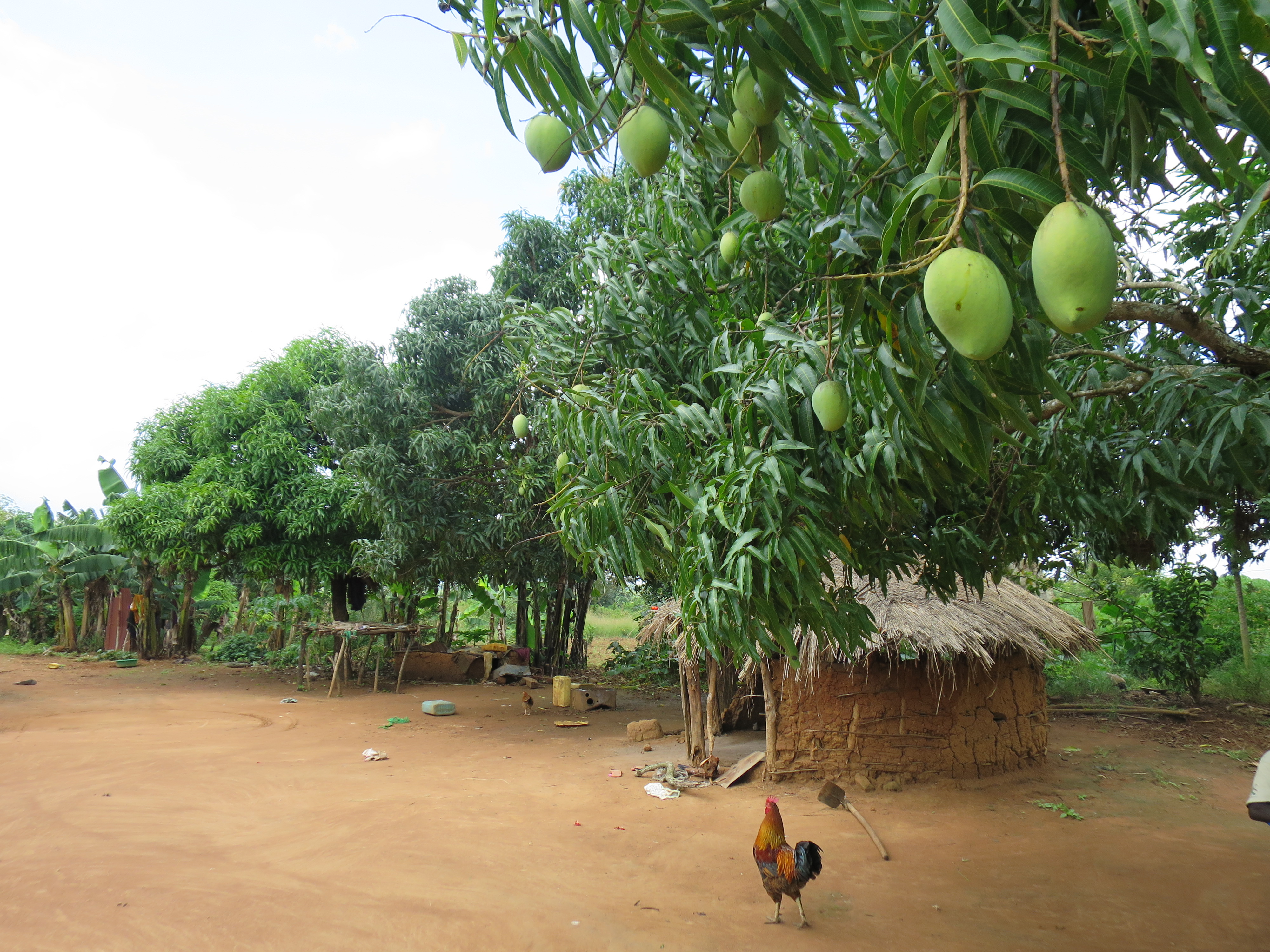
What do the birds and bees have to do with trees?
April 5, 2016
The Australian Aid funded FMNR East Africa project has created alternative livelihood options for farmers so they can generate income while waiting for trees to grow. These options include bee –keeping, goat farming, rabbit farming and kitchen gardens. This blog shows how Kenya, Uganda, Rwanda and Tanzania are contextualising their options.
By Susan Karimi and Sarah McKenzie – World Vision
 |
 |
 |
Kenya
In Kenya the community involved in the project have been practicing bee keeping, kitchen gardens, poultry keeping, goat rearing, and growing of drought resistant crops. So far a total of 1704 people have taken up these practices. This has led to increased household income for the farmers such as Mr Ogendi from Kiambogoko who said,
“I adopted rabbit farming after FMNR organised trainings on rabbit farming in my village. I have 27 rabbits from the initial two I started with. I managed to get Ksh. 6900 Kenya Shillings (approx. $77) from selling 23 of them at 300 Kenya shillings each. From the proceeds, I paid my children’s school fees on time and purchased their schoolbooks, a problem I used to have in the past. With the extra money, I bought 3 bee-hives and put them on my FMNR site and soon I will be harvesting honey”.
Adoption of alternative livelihoods has been a major asset in sustaining FMNR. The farmers can allow the trees to grow because there is another source of income to fall back on. The additional firewood from the regenerated trees means women are no longer travelling long distances to collect fuel. Instead they can invest their time in caring for children and taking care of their kitchen gardens. These gardens, in turn, contribute to household nutritional needs. Children are also able to read and play since they spend less time collecting firewood.
Uganda
In Uganda, 124 exemplary FMNR champions received seeds for mangoes, oranges, ground nuts and beans. The highest performing FMNR farmers were also presented with bee hives.
Cabbages, onion, eggplant and green pepper seeds were distributed to 10 primary schools as well as equipment for creating kitchen gardens.
Furthermore, as an incentive to motivate households to promote sustainable agriculture, the project trained 431 farmers in sustainable land management. The sustainable agriculture practices include minimum tillage, crop rotation and proper management of crop residues. 334 people were also trained in agro-forestry, 387 in construction and use of energy cook stoves, and 599 in bee keeping.

Tanzania
In Tanzania, the project has supported 1223 people, including 59 people with a disability, to adopt improved bee-keeping as a means of income generation. These community members collectively own 1005 traditional beehives and 1315 improved bee-hives, increasing their production from an average of 7 to 18 litres per harvest season. Production of quality honey has led to improved price from $3 USD to $6 USD per litre. Project beneficiary Eliya Saguti quoted:
“We have been empowered to raise income through improved beekeeping. The income gained has supported us to pay school fees, meet medical needs and get income for other crucial activities such as crop and animal production’’.
Rwanda
In Rwanda, the project has promoted animal keeping, bee keeping and tree production as a means of sustainable agriculture alongside FMNR activities. To date there are twenty groups doing fruit tree production, eight doing piggery and two doing beekeeping. From the 120 pigs distributed in 2014, the number of pigs has increased by 87 in the last six months from the birth of new piglets. An additional 67 new farmers have received pigs to meet the increasing demand for pig meat in Rwanda. The 20 groups undertaking fruit trees and indigenous tree production in Rwanda have reported an increased demand for the seedlings and thus income. Farmers are diversifying their crops as stated by Janvier Rutayisire, President of Rehoboth Cooperative in Kiramuruzi ADP:
“Before FMNR came we were maize farmers but now we have shifted to agroforestry trees and fruit trees production, because we have seen that this has more business potential. It will help us earn much more than growing maize.”
Various beekeeping groups in Ngenda and Kiramuruzi have reported an average increase of 5kgs of honey from traditional beehives and an average of 10kgs from the modern beekeeping packages. This translates to an increase of approximately 15,000Rwf to 30,000rwf per season.
